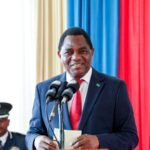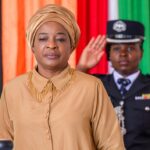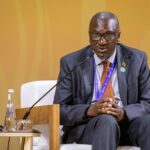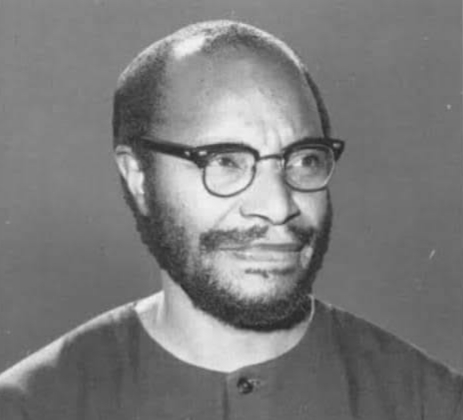Simon Mwansa Kapwepwe was a prominent Zambian political leader whose influence played a crucial role in the country’s journey to independence. As a key figure in the struggle against colonial rule and a respected statesman in the early years of Zambia’s sovereignty, Kapwepwe’s legacy is remembered for its significant impact on the nation’s development. Here are 20 important things you should know about this influential leader:
- Early Life: Simon Mwansa Kapwepwe was born on March 5, 1922, in the Northern Province of what was then Northern Rhodesia, now Zambia. His early education took place in mission schools.
- Educational Background: Kapwepwe studied at the mission school in his hometown and later attended Munali Secondary School in Lusaka. His education laid the groundwork for his future political involvement.
- Political Awakening: He became politically active during his time at Munali, where he joined the Northern Rhodesia African National Congress (NRANC), a key organization in the fight against colonial rule.
- Role in Independence Movement: Kapwepwe was a significant figure in the struggle for Zambia’s independence. He was a founding member of the United National Independence Party (UNIP) alongside Kenneth Kaunda.
- Advocate for Unity: He championed the cause of unity among the various ethnic groups in Northern Rhodesia, advocating for a collective effort towards independence.
- Detention: In 1959, Kapwepwe, along with other UNIP leaders, was detained by the British colonial government for his involvement in the independence movement. His detention highlighted his significant role in the struggle.
- Political Philosophy: Kapwepwe was known for his pragmatic approach to politics. He believed in using both diplomacy and direct action to achieve political goals.
- Vice Presidency: After Zambia gained independence in 1964, Kapwepwe served as the country’s Vice President under President Kenneth Kaunda.
- Cabinet Positions: He held various ministerial positions, including Minister of Finance and Minister of External Affairs, during his time in government.
- Economic Policies: As Minister of Finance, Kapwepwe was involved in shaping Zambia’s economic policies during the early years of independence, focusing on economic development and stabilization.
- Public Service: Kapwepwe’s contributions extended beyond politics; he was deeply involved in public service and was a key figure in the establishment of educational and health institutions in Zambia.
- Cultural Advocacy: He was a strong advocate for the preservation and promotion of Zambian cultural heritage, emphasizing the importance of cultural identity in nation-building.
- Partisan Conflict: His relationship with President Kaunda eventually soured, leading to political disagreements. Kapwepwe’s opposition to some of Kaunda’s policies contributed to his eventual political downfall.
- Return to Politics: Despite the political tensions with Kaunda, Kapwepwe remained an influential figure and later attempted to return to politics, running for the presidency in the 1991 elections.
- Legacy: Kapwepwe’s legacy is remembered for his dedication to Zambia’s independence and his role in shaping the nation’s early post-independence policies.
- Authorship: He wrote several articles and papers on political and economic issues, contributing to the intellectual discourse on Zambia’s development.
- Death: Simon Mwansa Kapwepwe passed away on July 26, 1980. His death was widely mourned, and he was honored for his contributions to Zambian independence.
- Commemoration: Several institutions and places in Zambia are named in his honor, including the Kapwepwe Secondary School, reflecting his lasting impact on the country.
- Influence on Future Leaders: Kapwepwe’s political and economic ideas influenced subsequent generations of Zambian leaders, contributing to the country’s political discourse.
- Historical Significance: Simon Mwansa Kapwepwe remains a pivotal figure in Zambia’s history, celebrated for his role in the country’s journey to independence and his contributions to its early development.
In conclusion, Simon Mwansa Kapwepwe’s life and career were marked by significant contributions to Zambia’s independence and early governance. His dedication to uniting the nation and shaping its future continues to be remembered and honored, reflecting his enduring impact on Zambian history.






